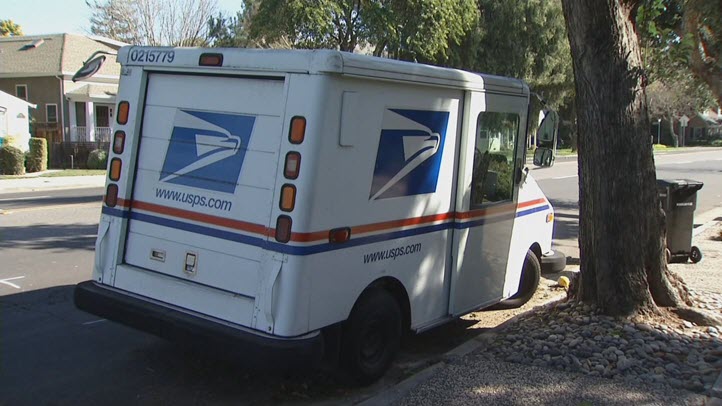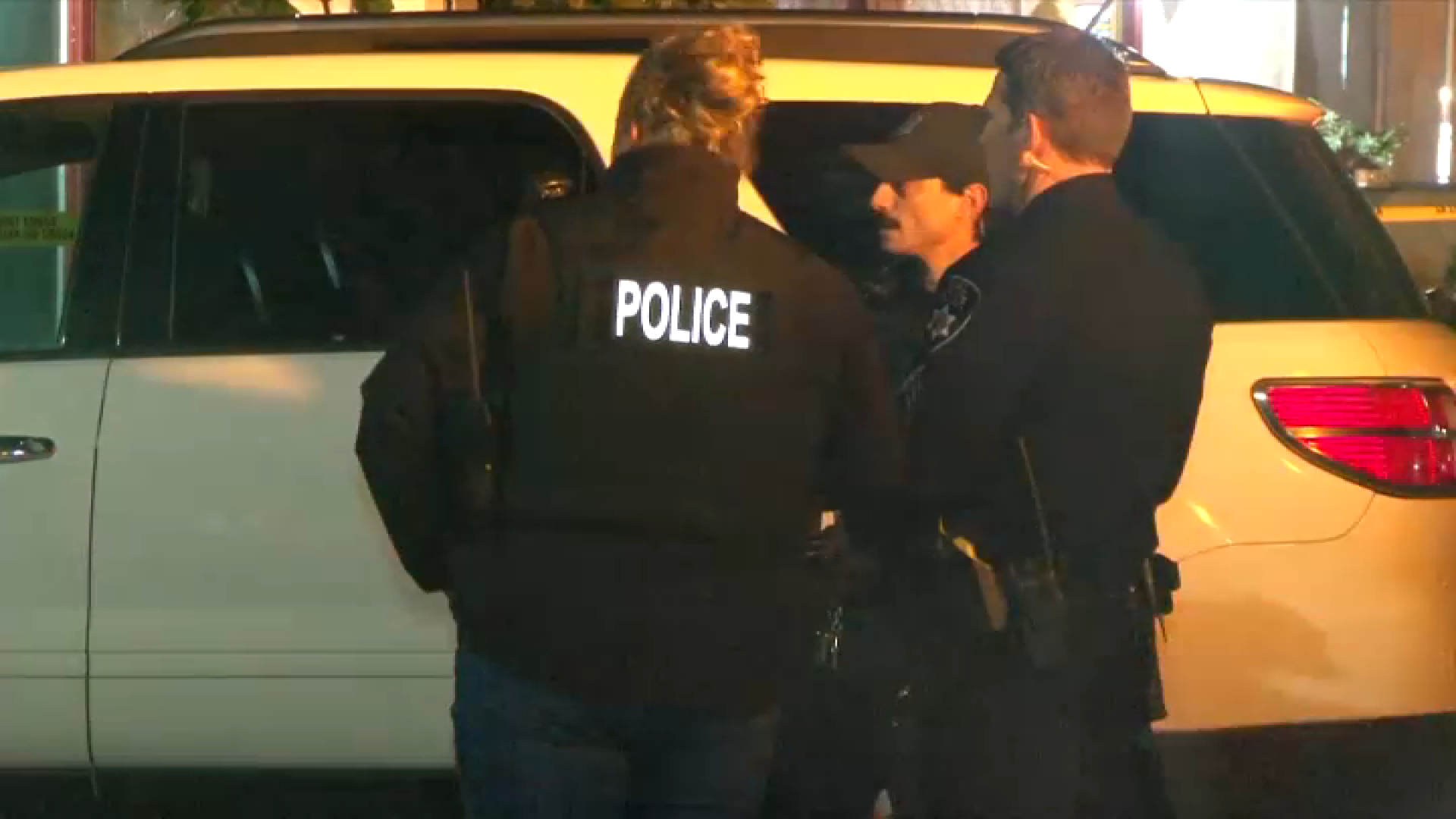During a time when racist texts and excessive force are sparking investigations into our prison systems, a semblance of hope is coming from the inside. An innovative program is trying to turn offenders into entrepreneurs.
Last week for the first time, a nonprofit called Defy Ventures invited Silicon Valley executives inside Solano State Prison walls, on which the phrase “To Believe One Can Succeed” is painted. The men pitching business ideas have robbed, kidnapped, even killed, and they are asking for a second chance.
Twenty-four inmates – many of them who have already spent more than 20 years in prison – have studied for three hours a day for the last five months. This is their big day.
“I am here to ask you for an investment of $16,000,” inmate William Palmer said on stage. Palmer has been incarcerated for more than 27 years for kidnapping and robbery. An artist, the finalist is pitching an image and communications business, Studio 3^3, to judges in a “Shark Tank”-style competition.
Even some of the judges admit they are anxious.
“I have to say I was definitely pretty scared before coming in, but it’s opened my eyes to the fact that these are just real people just like us that have made a mistake once in their lives,” said Jay Kaplan, co-founder and CEO of Synack based in San Francisco.
Other judges such as David Israel have been incarcerated themselves. He is now the owner of Seattle-based Pop Gourmet Foods. The company makes “Big House Mix,” a popcorn recipe he devised in prison. He says his four years behind bars made him a better businessman.
Local
“You learn to deal with a lot of different issues, lot of problem solving, different personalities, disappointments,” Israel said.
Defy’s founder Catherine Hoke says success is her hope for all of the inmates. She says it doesn’t matter what crime they committed – Defy accepts anyone who wants to make a change.
“It’s my dream to see these people, who so many people have written off in society, for them to actually get to succeed, to gain confidence, to believe in themselves so they are prepared to reenter society,” Hoke said, explaining the donation-funded nonprofit hopes to train 10,000 inmates in the next three years.
California released 104,981 offenders in 2010, and 54 percent returned to prison within three years, according to the most recent data from California Department of Corrections and Rehabilitation. So far, for the 112 graduates of Defy Ventures, only three percent have gone back.
Dana Harper Jr. hopes he is one day in that 97 percent. A graphic artist, Harper’s tattoo business pitch earned him the grand prize from judges. If and when he is paroled and gains employment, he will receive $500 in seed money for his start up.
“I’ve grown up hearing a lot that I couldn’t amount to anything, that I couldn’t do too much, and wow grand prize winner… that’s pretty big,” Harper said, explaining he has a parole hearing in April.
Many of the inmates at Solano have life sentences. Still, the opportunity to pitch ideas to venture capitalists is a chance for reinvention.
Steve Drown, who was incarcerated 38 years ago for murder, says, “Hope – I think that’s the best word I can use is hope.”



